With climate change on everyone’s minds, electric vehicles are becoming more popular than ever before. However, one company has decided to take a different approach to saving the planet.
Toyota recently announced that it would be focusing its attention and funding on a new kind of engine, “an engine reborn,” as they called it. It’s not electric, but it’s not powered by gasoline or diesel either.
Toyota’s New Lean Compact Engine
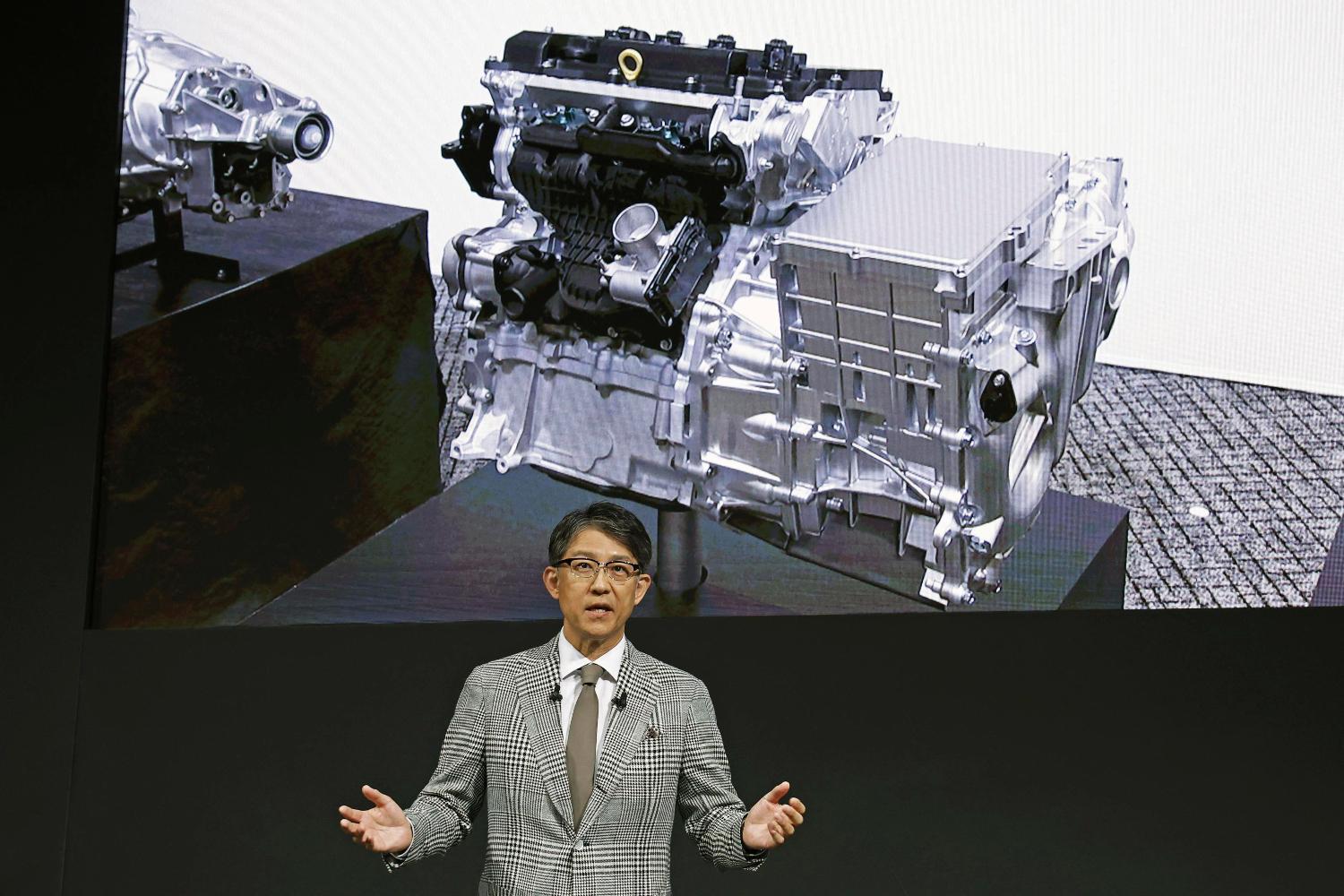
In a recent presentation, Toyota chief executive Koji Sato announced that the company is currently working on an “engine [that] is optimized for the electrification era.”
Essentially, it is a lean combustion engine that can run on hydrogen or bioethanol that will be used in the company’s many hybrid models. The idea was to create an engine that would help protect the planet from climate change without forcing everyone to switch to electric cars.
Understanding Toyota’s New Hydrogen-Powered Engine
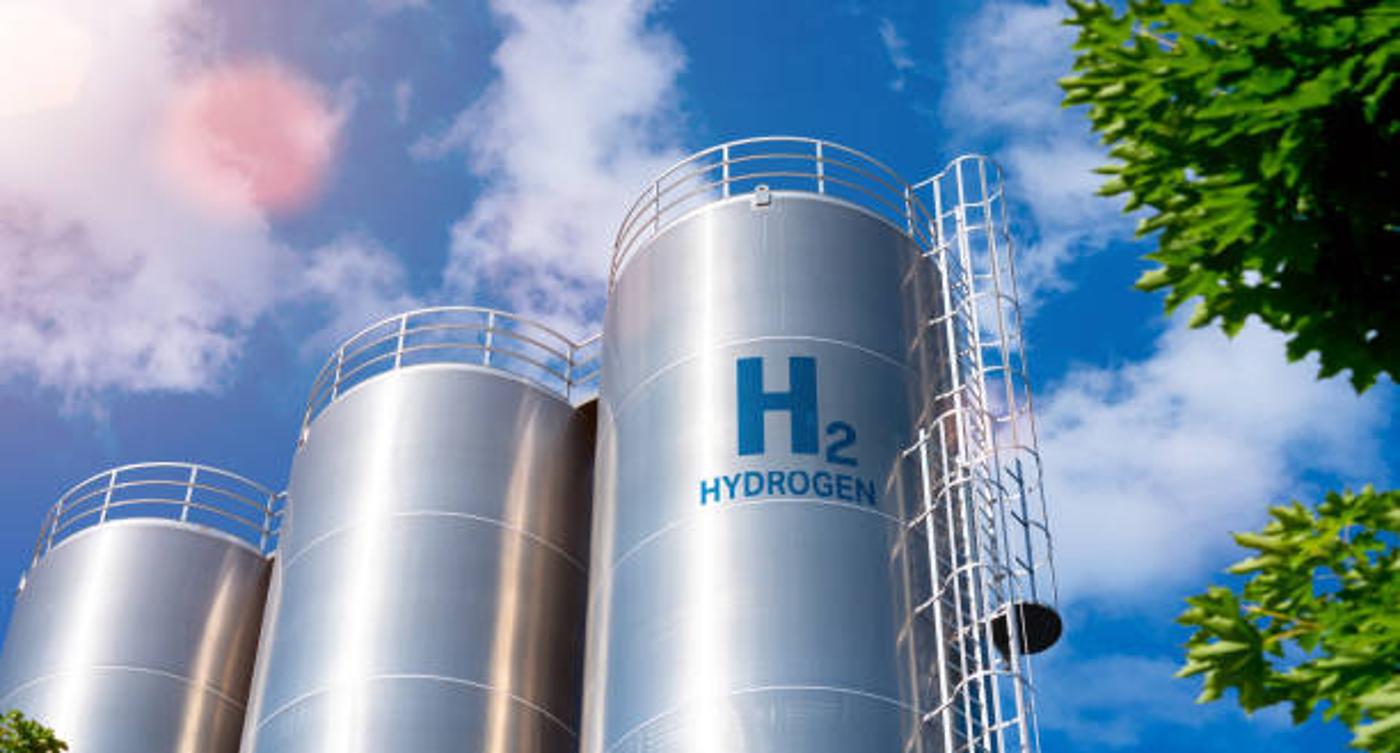
For those who don’t work as engine mechanics, understanding the nuances of Toyota’s new engine will certainly be challenging.
But the bottom line is that the engine is made from fuel cells, which turn hydrogen or bioethanol into energy through a chemical reaction. The idea is to implement new engines in hybrid cars so that they need no gasoline, very little hydrogen or bioethanol, and don’t need to be charged.
How Do Hybrid Cars Work?
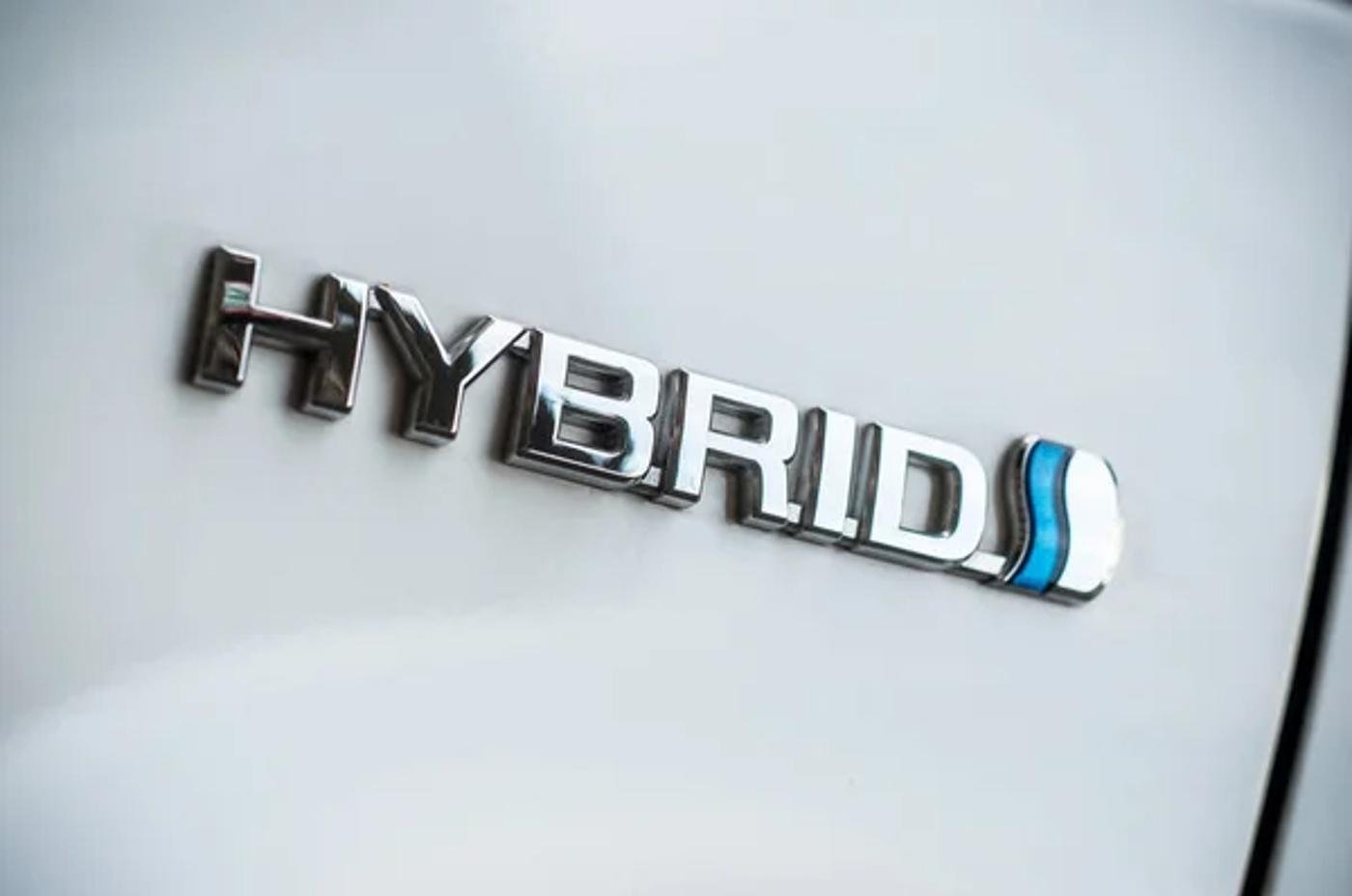
For years, people have been discussing the pros and cons of hybrid cars. But how do they really work?
Hybrid vehicles are powered by an internal combustion engine that uses gasoline, but it’s paired with an electric battery engine. Therefore, the batteries can store energy created by the standard engine, meaning it doesn’t need to be charged, and it uses far less gas.
Toyota Plans to Use the New Engine in Many of Its Hybrids
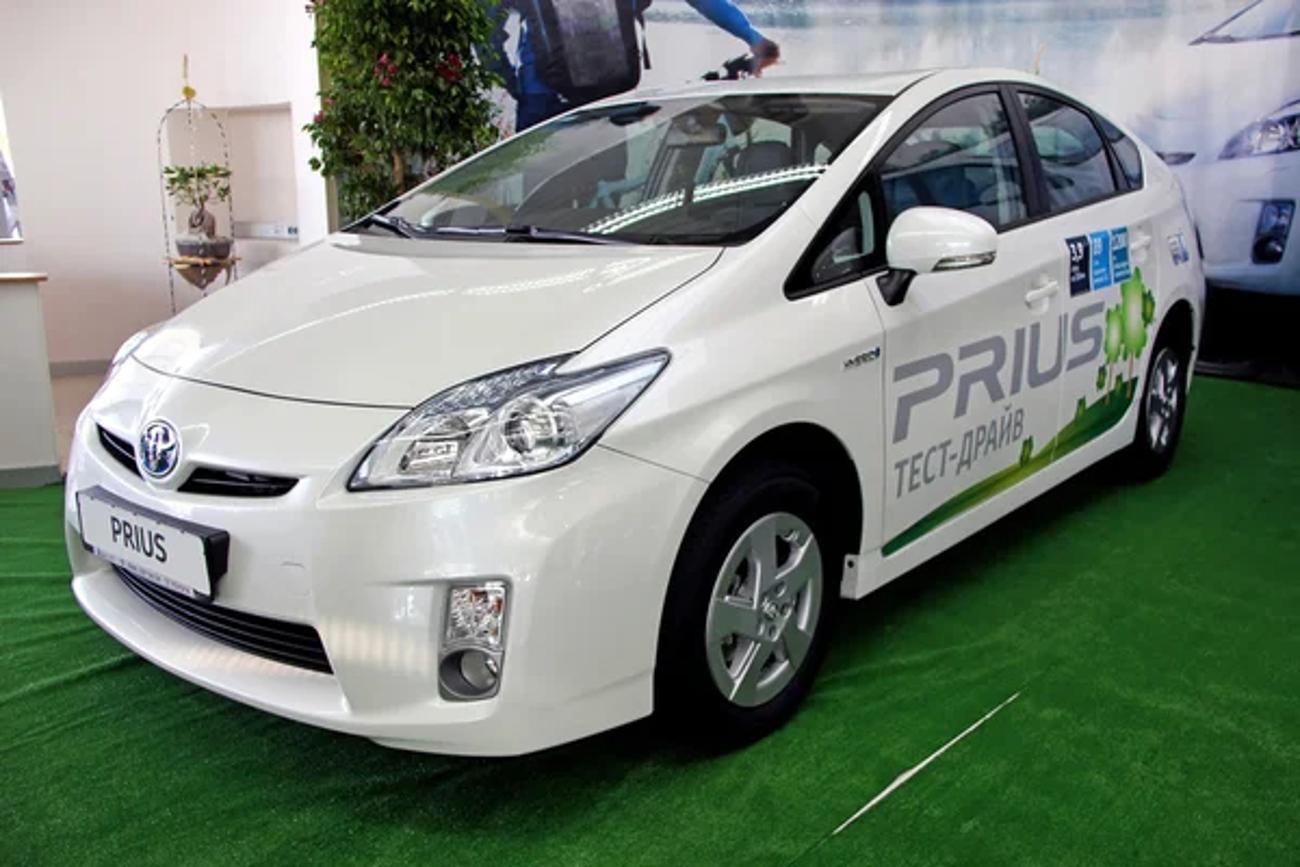
In theory, Toyota’s plan is quite simple: Instead of using traditional gas-powered combustion engines in its hybrids, it will install the new hydrogen-powered engines alongside the electric batteries.
Toyota sells millions of hybrids every year, including its wildly popular model, the Prius. In fact, over the past seven years, Toyota has sold 6.1 million Priuses, making up 61% of the 10 million hybrids the company sold around the world. In other words, if Toyota can switch its Priuses to the new engine this year, they could literally change the world.
Toyota Isn’t the Only Company Working on Finding a Non-Electric Solution

Of course, Toyota isn’t the only auto manufacturing company developing new and improved engines to combat climate change.
Both Subaru and Mazda also have ecological designs in the works, though neither company has announced any tangible results. While Mazda is focusing on improving the existing rotary engine that will require less fuel, Subaru has plans for a “horizontally opposed engine,” which ensures the electric batteries function more efficiently.
There Are Certainly Disadvantages to Electric Cars
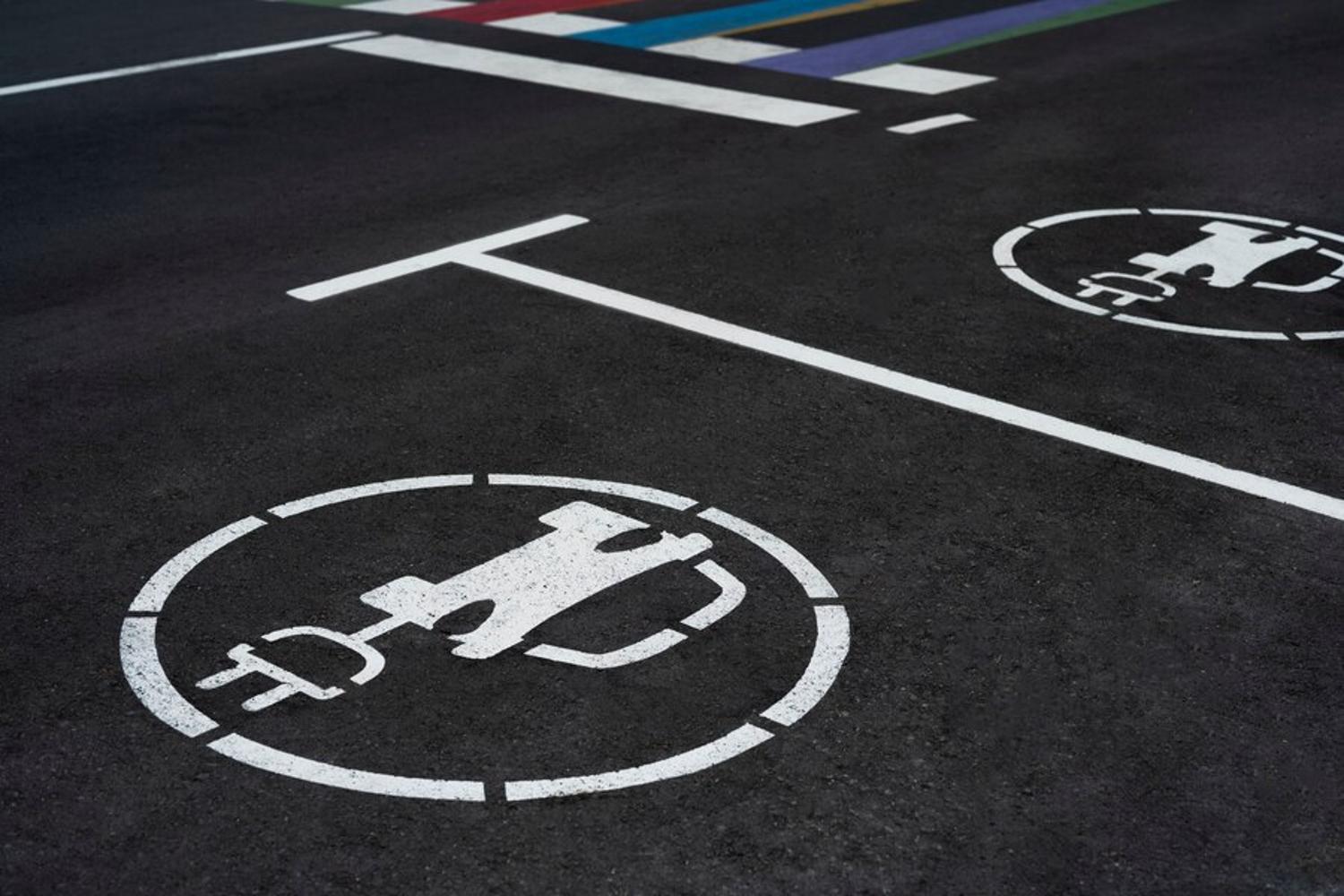
These three Japanese companies are dedicated to building vehicles that do far less damage to the planet than the current gas-powered options. But you might be thinking: Why aren’t they focused on building fully electric cars?
The trust is that even though many people believe electric cars are the future, they do have several disadvantages. One of the main issues is the infrastructure needed to transition the world to EVs, a problem that President Biden is currently struggling with.
President Biden Wants America to Transition to Electric Vehicles ASAP
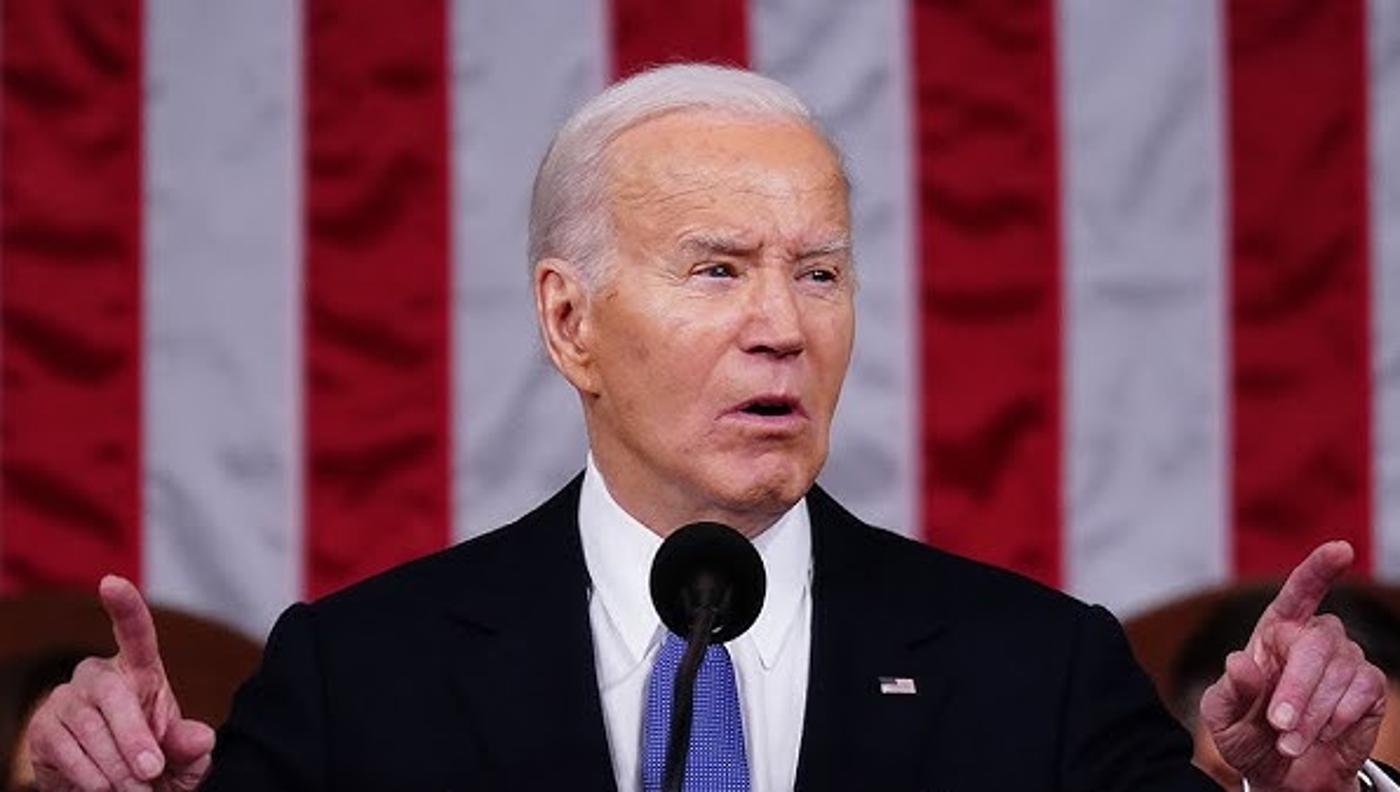
Earlier this year, US President Joe Biden announced his plan to transition America from gas-powered to electric vehicles within just ten years. Biden said that he will invest $25 billion into a US charging network to ensure his plan comes to fruition.
However, many people are quite concerned with the plan. They argue that the president won’t be able to complete his mission of building a sufficient number of charging stations before the 10 years are up.
China Continues to Push for Battery-Powered Vehicles
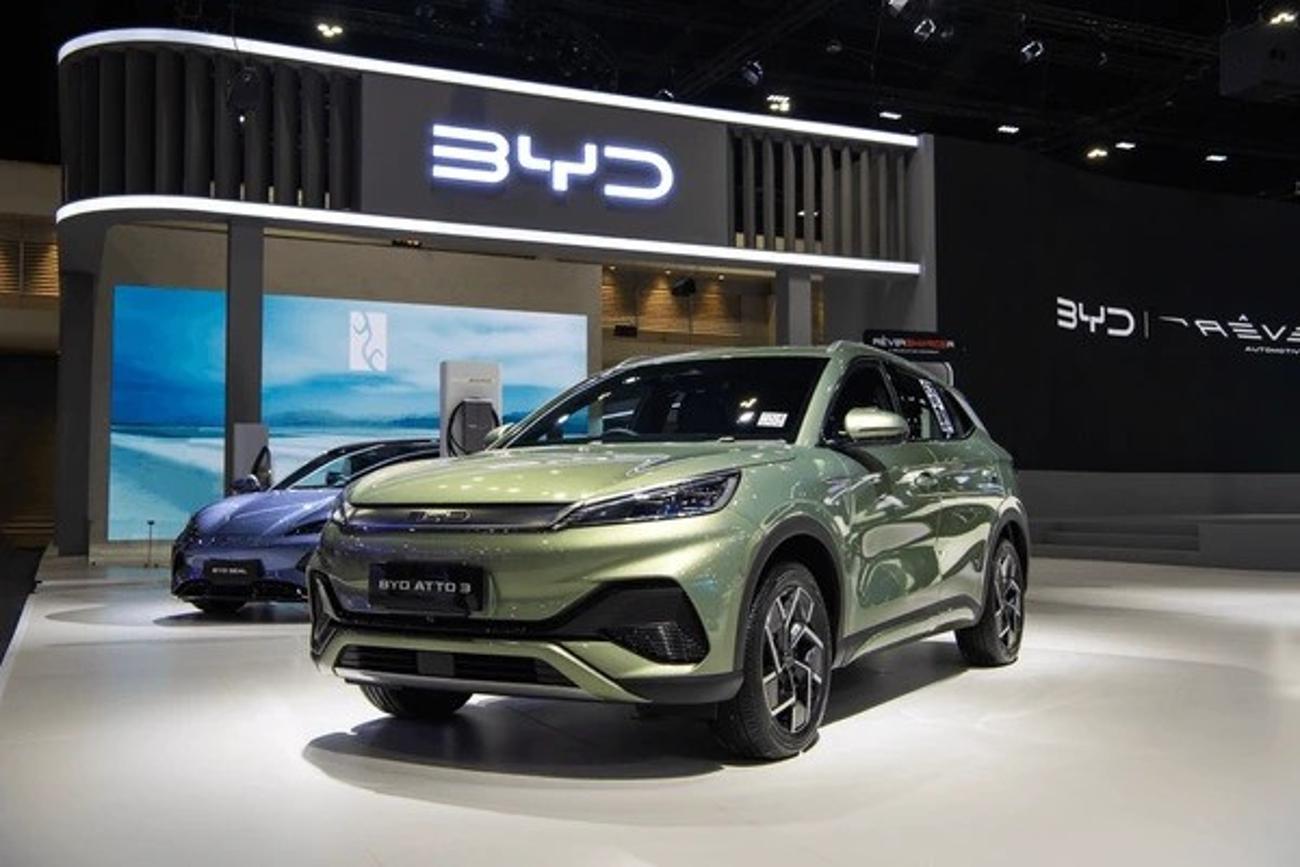
The United States isn’t the only country focused on electric-powered vehicles; China also has its sights set on dominating the EV market.
Last year alone, Chinese consumers purchased more than 8 million EVs, which is 35% more than in 2022. In fact, experts believe that by just 2030, 50% of all cars sold in China will be fully electric.
Why Is Replacing Gas-Powered Cars So Important?

It’s important to understand that finding a new solution to the standard gas-powered engine is considered essential in the fight against climate change.
According to the US Environmental Protection Agency, 28% of all greenhouse gas emissions in the US come from transportation, 57% of which comes from passenger vehicles. That means that by simply replacing passenger cars with electric or even hybrid models, the United States could decrease its greenhouse emissions by millions of metric tons in just one year.
The New Engines Could Be the Solution the World Has Been Looking For
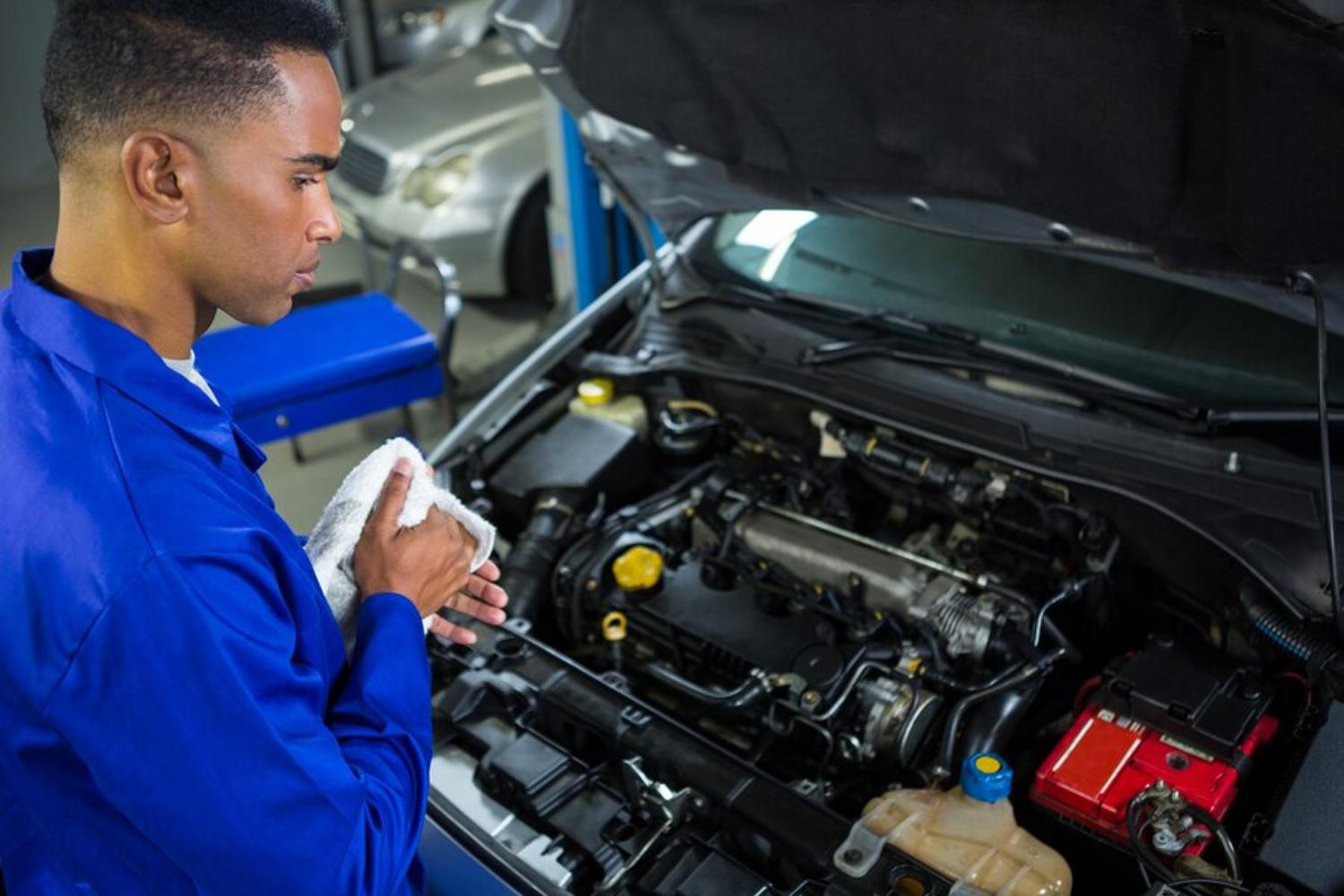
While millions of people argue that electric vehicles are unquestionably the future of transportation, others are concerned that they are simply too different from the standard engines to fully replace them.
Therefore, Toyota’s new lean combustion engine powered by hydrogen and bioethanol and paired with an electric battery could be the compromise the world has been searching for.
Toyota Says Auto Manufacturers Should Start Working Together
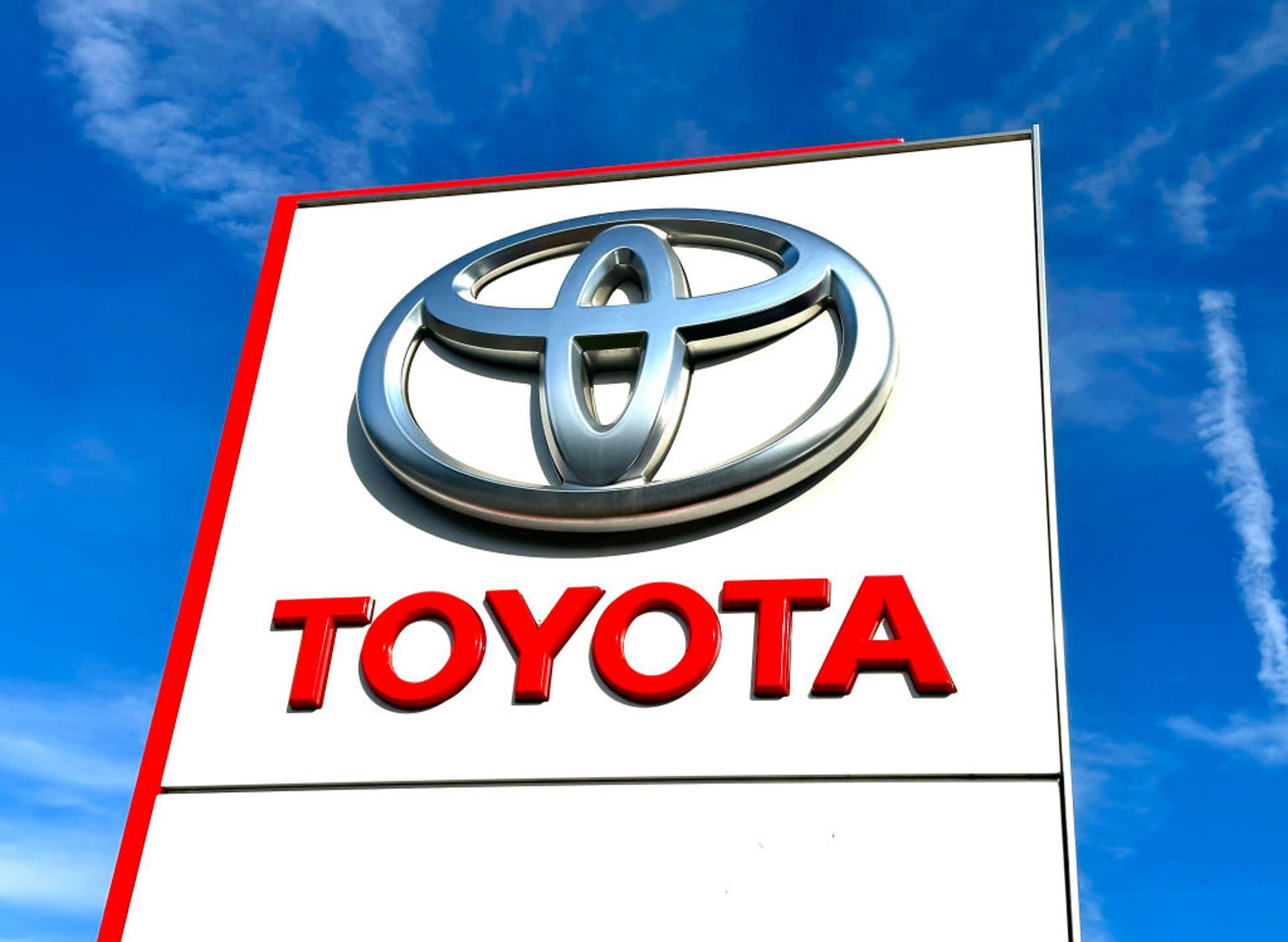
As with any industry, most of the world’s leading auto manufacturing companies have been working tirelessly to find ways to make their vehicles more environmentally friendly while remaining affordable for consumers.
But as Toyota chief executive Koji Sato explained, “Each company wants to win, but we can be faster if we work together.” Hopefully, and maybe with the help of other car companies, Toyota will soon be able to release its new engine and even share it with the world.








































